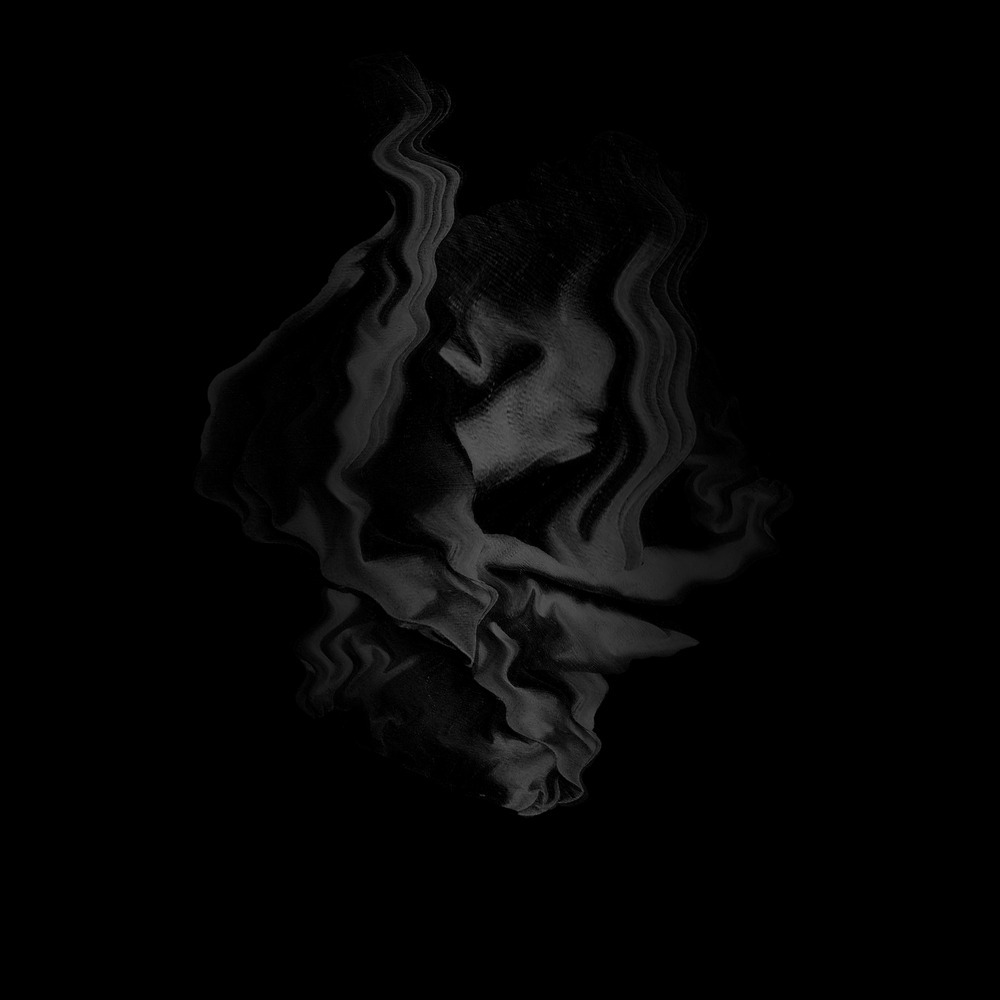If you’re familiar with Bristol’s Young Echo collective, you’re aware of the fact that their creative output crosses stylistic borders with little apparent concern for trends or wider affirmation. For Killing Sound, a subsidiary trio of the core group featuring Seb Gainsborough (Vessel), Amos Childs (Jabu, Zhou) and Sam Kidel (El Kid), this sentiment rings truer than ever. Together they apparently possess a "sizeable" archive of unreleased material, as Gainsborough explained to the Quietus’ Rory Gibb in an interview for The Wire last year, almost all of it improvised on hardware and instruments both bought and hand-made, and recorded onto tape.
Killing Sound have, however, remained frustratingly elusive with regard to released material. In 2012 they released ‘Real Love’, an 18-minute live jam on the B-side of a release for cassette label No Corner. Recorded in a damp tunnel somewhere in Bristol, it was a brutal exploration of sound, a cavernous off-kilter kick drum churning treacle thick distortion out into expansive space. With their brilliant new self-titled double 12" released, quite aptly for all its darkness, on Kiran Sande’s Blackest Ever Black label, the group have come to embrace their privately established ethos – to draw together their individual musical interests whilst forcibly playing them off against each other. The result is a record that’s haunting and delicate on the surface, but bristles with antagonism beneath, violence waiting around every corner.
The opening blow on ‘Thousand Hands’ certainly feels like a punch to the gut, even on the eighth, ninth, tenth listen. Much of this twenty minute journey is an exhaustingly physical one, and as listener you are consistently perforated with sharp jolts of noise; a pang of bass, a fizz of distortion here, a lone cymbal there. Here, during the EP’s second track, insinuated violence begins with the odd ricochet of a shotgun descends into a scattering of machine-gun fire. It feels like an extension of the electronic pulses and subtler drum shots that rang out on ‘Nexus’, Killing Sound’s cut on Young Echo’s album of the same name released last year. While on that track they fluttered beneath glacial vocals, here they’re brought to centre stage, with each punishing reload click triggering off percussive bullet salvos that spray over the ominous cymbal toll beneath.
Despite the blatant brutality and physicality, Killing Sound is as much a journey through emotional territory as it is about battering you senseless across four sides of wax. Falling beautifully between the guttural battleground of ‘Thousand Hands’ and sinister final track ‘Water Boxing’ is ‘Eight Methods’, which takes on a more profound, almost hymnal tone. Drawn out calls vibrate up inside your ribcage, suggesting a muffled underwater scream blurring in and out of focus, drawing the hairs on the back of your neck upright. They mirror the vocals on opening track ‘Six Harmonies’, but where those pushed outwards like sonar pulses into cavernous space, here they’re a sticky binding agent connecting the other components together. The track made one of its first appearances on a Young Echo radio show late last year, still in its untitled form on acetate, playing out as a transcendental backing to intermittent playful bickering between its creators.
It’s that good-humoured tension that seems to exist within the collective that emerges more clearly within these two 12"s, and their violent rebounding between styles allows the record to sit somewhere between the established genres it’s inspired by, caring little for templates or boundaries. Killing Sound’s tracks seem to refuse to be aligned to anything, at any given moment twisting and contorting away from your grasp. As a result, immersing yourself in them often feels as impulsive an experience as the improvisation process that created them. It’s a piece of work that embraces contradiction, as much a celebration of life as it is about death, as cohesive as it is abrasive. At moments it’s utterly beautiful, at others absolutely terrifying, and I defy anyone to listen to the closing minute of ‘Six Harmonies’ on headphones down a darkened side street without taking a few cautious glances over their shoulder. Killing Sound stands as a staple in an intriguing continuum of work.


